Inter came from behind to beat Urawa Red Diamonds 2-1 on Saturday in Seattle, scoring twice in the final 15 minutes to eliminate their opponents from the Club World Cup.
The first half was shaped by an unexpected early Urawa goal from Ryoma Watanabe, after which the J-League side were able to sit back and repel Inter’s often-laboured attempts to break them down. Cristian Chivu’s side completed more than 400 passes in the opening period and mustered nine shots — although only one of them was deemed a clear-cut opportunity.
Advertisement
Inter — in notably cool conditions — spent much of the second half camped in the opposition half, too, and their pressure eventually told when Lautaro Martinez neatly hooked an equaliser with barely 10 minutes remaining. And, just as it looked like Urawa would at least end the game with a creditable draw, Valentin Carboni scored a stoppage-time winner to give Inter three vital, if slightly unconvincing, points.
James Horncastle and Mark Carey analyse the game.
What impact does this comeback have on Inter’s campaign?
It is hard to understate how important that win was for Chivu. After falling behind for a second straight game, it looked like the stars were aligning against his appointment by Inter.
He has only been in the job for 12 days. The team he inherited is exhausted. This was Inter’s 61st game of the campaign. Injuries have mounted, the options available to Chivu were limited.
He completely changed his back three. There were three wing-backs playing on the left, only one of them in their natural position. Lautaro’s partner, the erstwhile wunderkind Seba Esposito, is more of a second striker-10 hybrid than the big men he’s used to playing alongside. Inter, unsurprisingly, looked disjointed.

(Buda Mendes/Getty Images)
But once again, their skipper, Lautaro, got them back into the game and Carboni secured a late, deserved win. It reflected where Inter are at right now. This is a team that has to lean on Lautaro while undergoing a process of rejuvenation.
The transition won’t be easy, but Carboni’s goal eases some of the pressure that was already starting to build ahead of next week’s game against River.
James Horncastle
Urawa Red Diamonds deserve huge credit for their defensive display
On the one hand, you can point to a disappointing Inter performance on Saturday afternoon — below par at the end of a gruelling campaign that they arguably wish was over.
On the other hand, the credit has to go to Urawa for a determined, gritty, committed defensive display that almost saw them snatch points from Chivu’s side against all odds.
After Watanabe’s opener, a retreat to a back six began as early as the first half as Urawa looked to block the space and camp out on the edge of their own penalty area, with the odd counter-attack all they could plan for when a glimmer of space occasionally opened up.

(Buda Mendes/Getty Images)
Such was the defensive commitment to the cause that on a promising second-half counter-attack — led by Yusuke Matsuo and spurned by Watanabe — no player wallowed in the disappointment of a missed opportunity. Instead, each of Urawa’s players looked down and sprinted back into their defensive position, ready to frustrate Inter again for the umpteenth time.
Advertisement
Inter have not been used to chasing the game in international competition this season. Before their disappointing Champions League final defeat, they had been in a losing game state for just one per cent of their whole campaign. In the end, Inter’s strength from set pieces was enough to clinch an equaliser, with Carboni’s winner seeing the 20-year-old find too much space in the penalty area within a circle of tired Urawa legs.
However, Urawa made Chivu’s side work for those points more than any they have earned this season. For that, they should be applauded.

(Juan Mabromata/AFP via Getty Images)
Mark Carey
Why were Inter so underwhelming in the first half?
If Chivu could have mapped out his start as head coach of Inter, he would not have quite written it like this.
Notwithstanding Chivu’s curious starting line-up, Inter’s first half was rather toothless as they tried to break down a stubborn Urawa side. Initially setting up in a 4-4-2 shape out of possession, Urawa slowly retreated into a 5-3-2 and, at times, a 6-2-2 to protect their lead after Watanabe opened the scoring.
Breaking down such a compact, deep block can be tricky for any side, but Inter’s build-up play also appeared to struggle as they looked to work the ball through the thirds. Nicolo Barella would often drop between Stefan de Vrij and right centre-back Matteo Darmian or pull wide outside of Urawa’s defensive block to kickstart Inter’s possession, meaning the Japanese side were comfortable shuffling from side to side with the game in front of them.

It was a frustrating first period for the Serie A side (Buda Mendes/Getty Images)
Given the options Inter had in the early stages of their possession with a back three and a trio of midfielders, quicker and sharper passes could have disrupted Urawa’s shape through the heart of the pitch, but instead, the ball was horseshoed across the pitch without any real penetration.
A monster share of 83 per cent possession showed Inter’s dominance with the ball in the first half, but their progression into dangerous areas was far too blunt to cut through the diamonds.
Mark Carey

The Inter vs Urawa match dashboard, showing the threat timeline, territory, match stats, shot maps and pass networks
What next for Inter?
Wednesday, June 25: River Plate, Club World Cup (Seattle), 9pm ET, 2am Thursday UK
What next for Urawa Red Diamonds?
Wednesday, June 25: Monterrey, Club World Cup (Los Angeles), 9pm ET, 2am Thursday UK
You can sign up to DAZN to watch every FIFA Club World Cup game for free
(Top photo: Getty Images)
This news was originally published on this post .






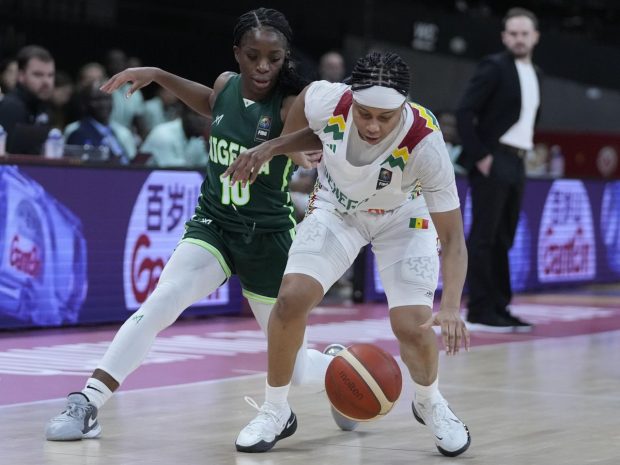
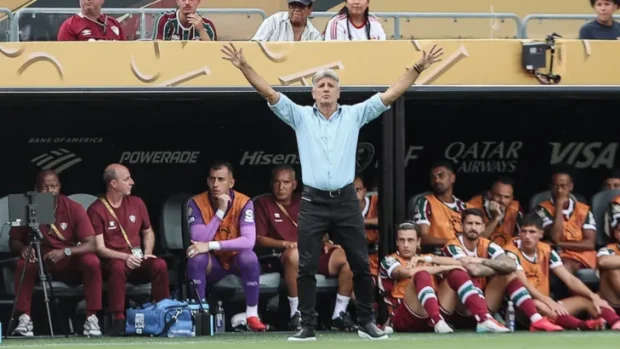
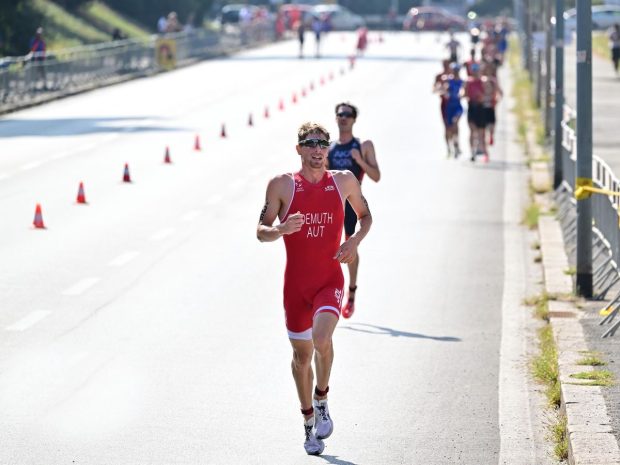
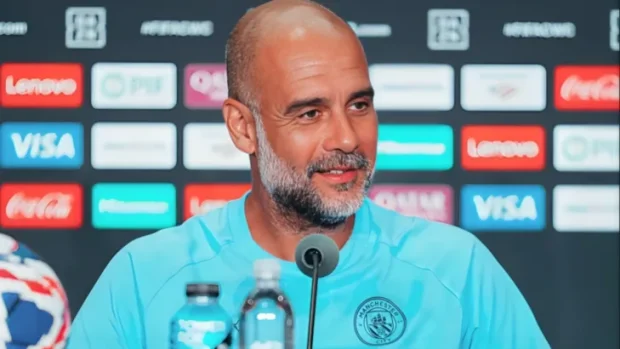
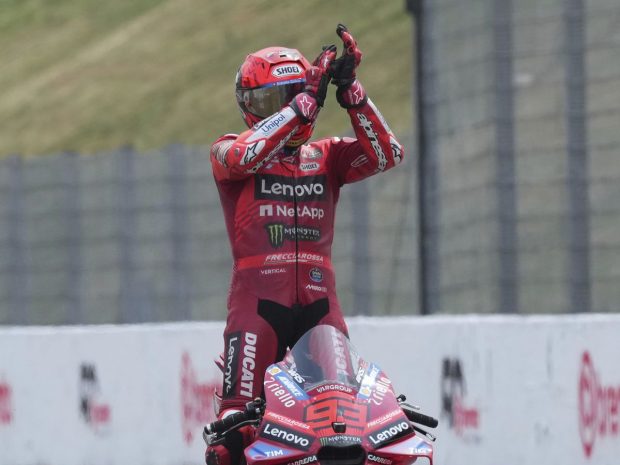
Be the first to leave a comment